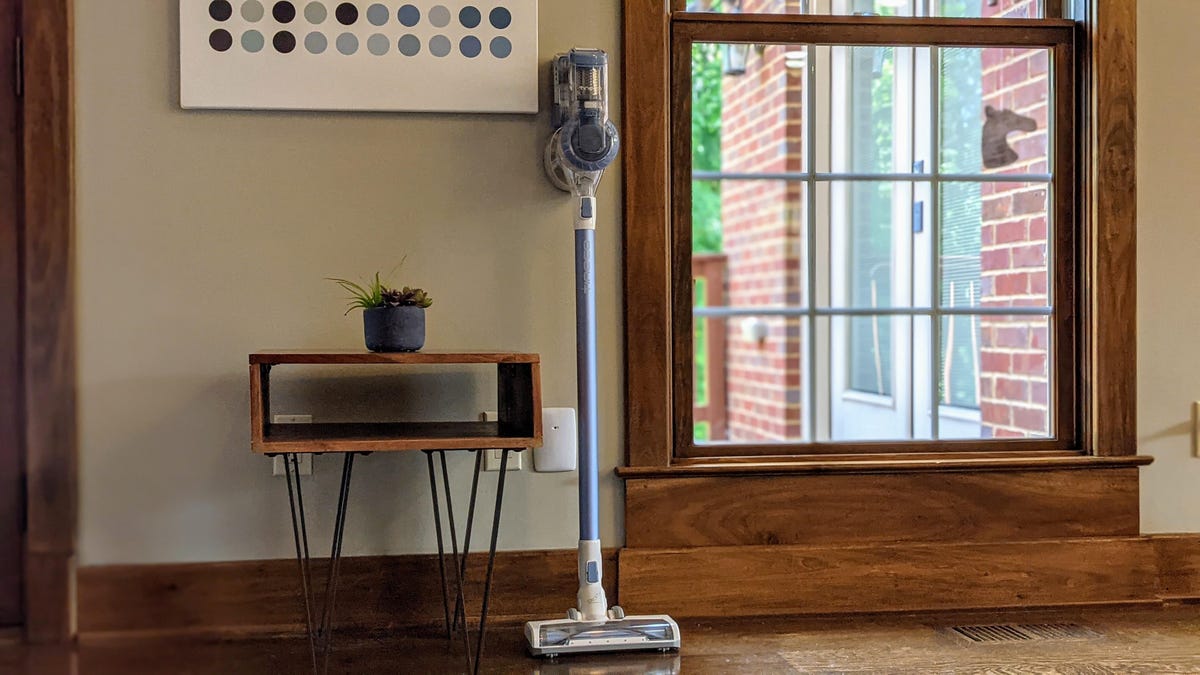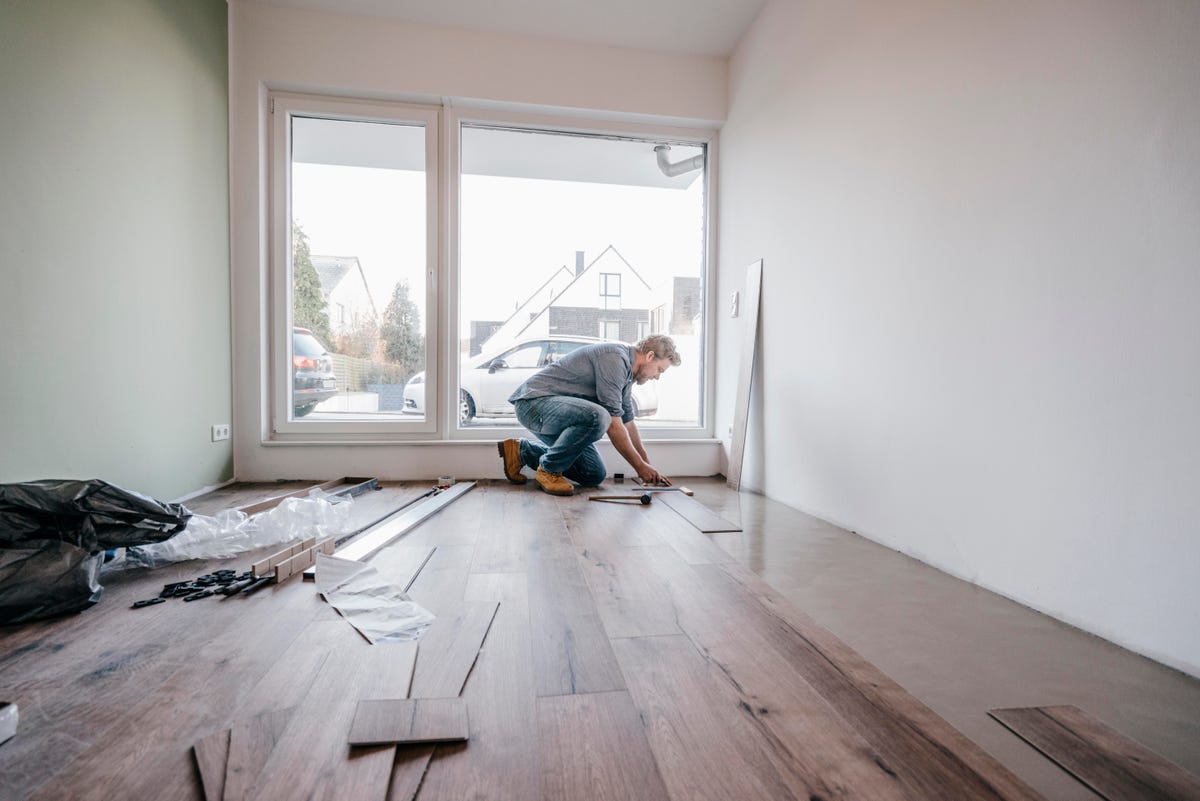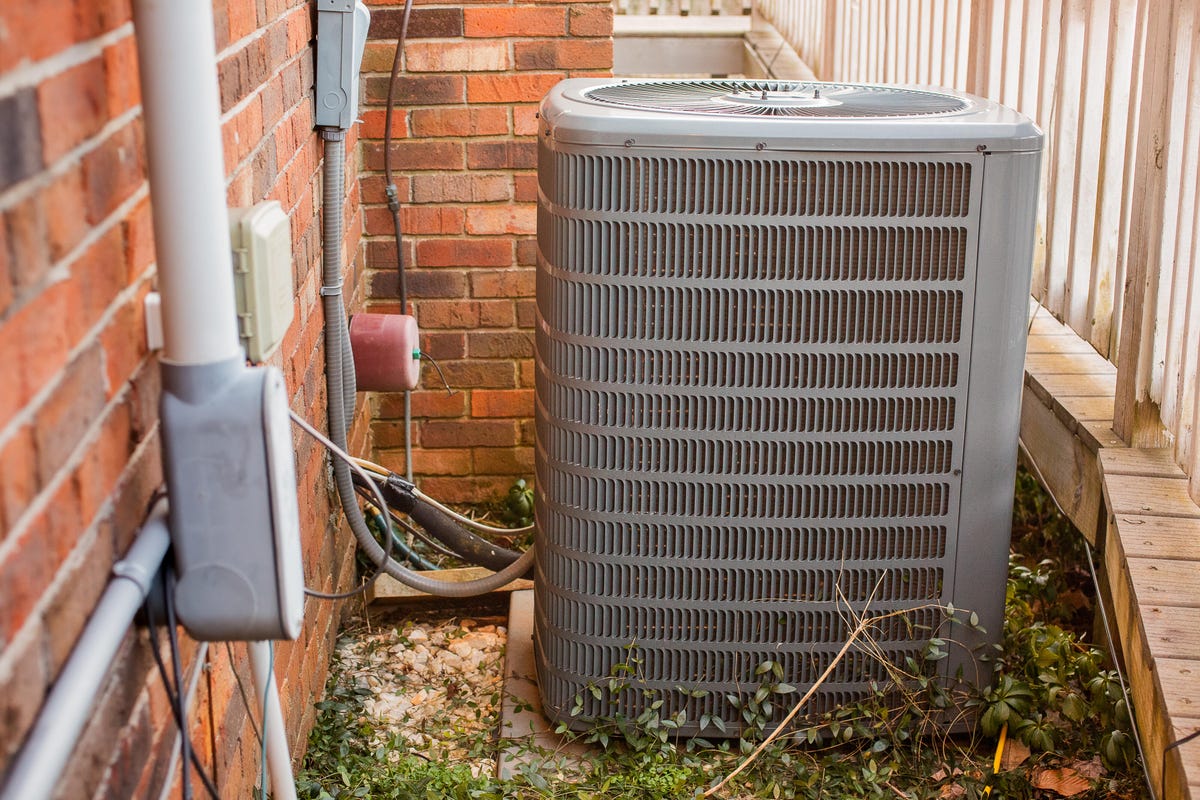Buying a new home is an extremely exciting milestone. Deciding to purchase a new home and choosing a new place to live are two of the most impactful decisions you can make. However, just because you have the keys to your new home, that doesn’t always mean you’re totally ready to go.

There are plenty of projects you can tackle while living in your home, but some are better done before you move in to save yourself the extra stress. Consider updating, replacing, remodeling and knocking out these home projects before moving in full-time. And after finishing those up, check out the best internet providers and whether you should invest in solar panels.
Transfer utilities and change your address
Changing your address and updating your utilities may seem obvious but can be easily overlooked when you’re busy with the home-buying process. Make sure you have utilities and core services set up to be active in your new home before you move in. What a bummer to spend your first night in your first home with no power. Don’t forget to also transfer mail, the internet, TV services and any regularly scheduled deliveries to your new home address.

Before you move in, you’ll want to vacuum, wipe down and scrub your new home.
Must-have cleaning equipment
Deep-cleaning your entire home is easier when you have the right tools. CNET puts many products to the test, and these are some of our favorites:

If you’re going to replace or refinish an existing floor, you definitely want to get that done before moving in.
Replace or refinish flooring
Everything in your house that isn’t attached to a wall is going to take up floor space. If you’re going to replace or refinish an existing floor, you definitely want to get that done before moving in. Anyone you hire to do the work will require the affected rooms to be empty, so there’s no reason to fill them up beforehand.
Even if you do the work yourself, you’ll need to shuffle your belongings around, and that will drastically lengthen the time it takes to complete the project and make it harder on yourself.
Plumbing and electric updates
If you’re buying a home that is a bit dated and needs major updates to core systems like plumbing or electrical, you might consider getting these projects done before your move.
If you do have major updates taking place, there’s a fair chance the work involved will include cutting out sections of drywall or flooring to make pathways for updated pipes or wiring. The demo and subsequent drywall repairs will create quite a bit of dust, so you’ll also likely be painting walls or repairing flooring.

Luckily, replacing major HVAC components isn’t usually too lengthy of a process.
Replace HVAC
This one can depend on the timing of your new home purchase. Replacing major HVAC components isn’t usually too lengthy of a process, nor does it normally require much renovation to other parts of the home. However, if you live through sweltering summers and arctic winters, you may want to have this work done before moving in so you won’t have to expose yourself to the extreme temperatures.
Change locks and install home security
It’s never a bad idea to change out locks on a new home or put home security elements in place before moving in. Changing out your locks ensures the previous owner no longer has access to your home, while home security cameras and video doorbells deter would-be burglars and let you keep an eye on your property no matter where you are.
Every home is different, so there’s no one-size-fits-all rule on security camera placement. Some common places to put them are by front, back and side door. Whatever you do, though, avoid putting cameras in places that violate you or your neighbor’s privacy like bedrooms and bathrooms. If you’re still wondering where to put your new security cameras, CNET lays out the best and worst spots for them.


